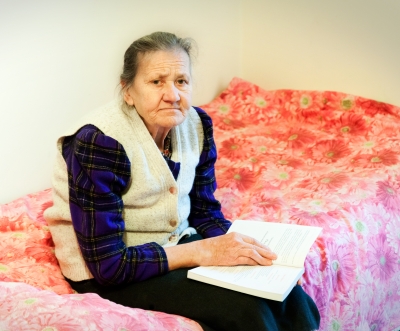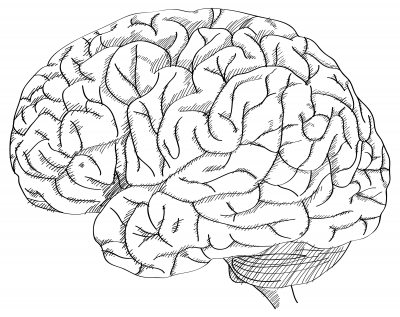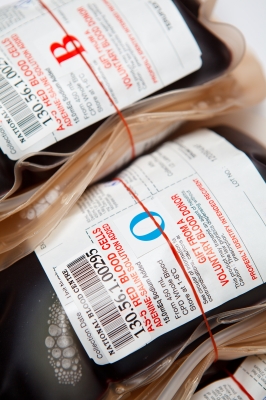Can Cognitive Decline be Reversed? One Researcher Claims it Can
With more than 5 million people in the U.S. suffering from Alzheimer’s disease, the race is on to find a cure for the disease. Dale E. Bredesen, of the Buck Institute Research on Aging in Novato, CA, and the University of California-Los Angeles, claims in a new study he developed a personalized treatment program that …













